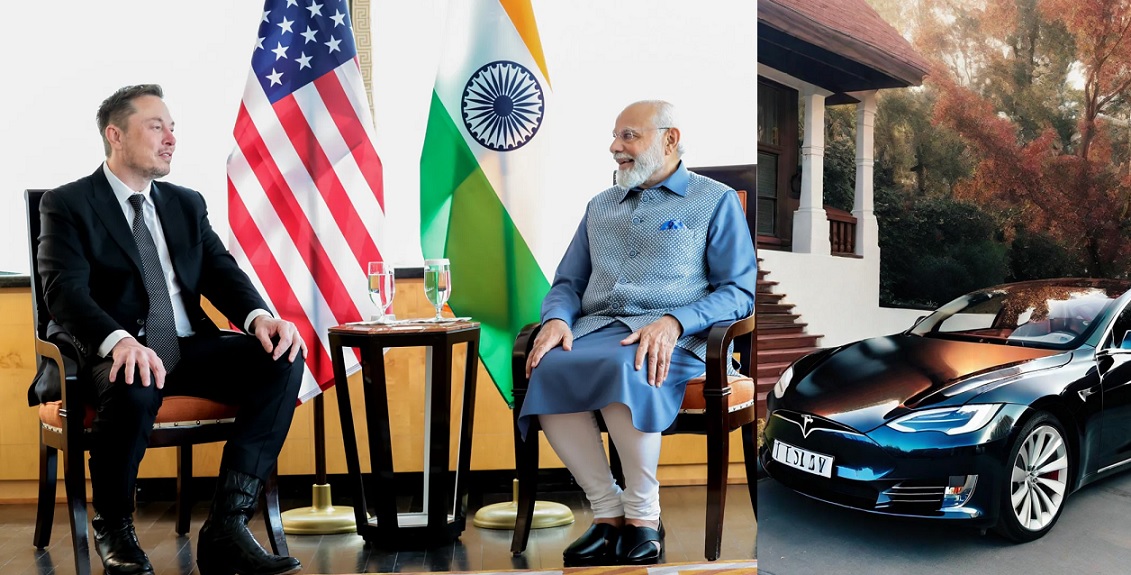
The Indian government has announced that it is not currently considering a reduction in taxes on imported electric vehicles (EVs). This unexpected stance could potentially delay Tesla Inc.'s eagerly anticipated entry into the Indian market.
Som Parkash, the junior minister of the Ministry of Commerce and Industry, conveyed this decision to parliament on Wednesday, stating, “Presently, there is no proposal either to provide an exemption from local value addition cost or to provide a subsidy on the import duty on electric vehicles in India.”
This comes as a surprising turn of events, especially given recent reports suggesting that the government was actively working on a policy that would allow international companies to import electric cars at concessional tax rates if they committed to eventual manufacturing in India. However, the latest statement from the government indicates a shift away from such considerations.
The government's current focus lies in promoting the "Make-in-India" initiative, designed to encourage both domestic and foreign investment in the electric vehicle industry. As part of this initiative, a substantial $3.1 billion incentive program was launched in 2021 to bolster local EV production. Additionally, the government is offering incentives under a $2 billion program to companies interested in establishing battery manufacturing facilities in India.
This unexpected roadblock raises concerns about the ongoing talks between Tesla and the Indian government. The two entities were reportedly closing in on an agreement that would have allowed Tesla to sell its electric cars in India starting next year, with plans to set up a manufacturing plant within two years.
This is not the first time Tesla and the Indian government have found themselves at an impasse. Previous negotiations had stalled for nearly a year as the Indian administration, led by PM Narendra Modi, insisted on local production by Tesla. Meanwhile, Elon Musk sought lower taxes to enable the competitive pricing of vehicles built elsewhere.
Despite the earlier deadlock, talks had resumed, and Elon Musk had expressed optimism during Prime Minister Modi's visit to the United States in June, suggesting that Tesla would make a "significant investment" in India.
The current rejection of tariff reduction proposals raises concerns about the future of these plans. Tesla's entry into the Indian market seemed imminent, with reports indicating a potential agreement to begin selling cars in the country next year. However, with the government's current stance, these plans may face significant delays.
India's Trade Minister Piyush Goyal, who recently visited Tesla's plant in Fremont, California, had previously stated that Tesla intended to nearly double its purchases of auto parts from India to $1.9 billion this year. This showcased a positive trajectory in Tesla's engagement with the Indian market, but the latest developments cast a shadow of uncertainty over the future of this collaboration. As the discussions between Tesla and the Indian government continue, stakeholders eagerly await further updates on the fate of Tesla's entry into one of the world's largest automobile markets.